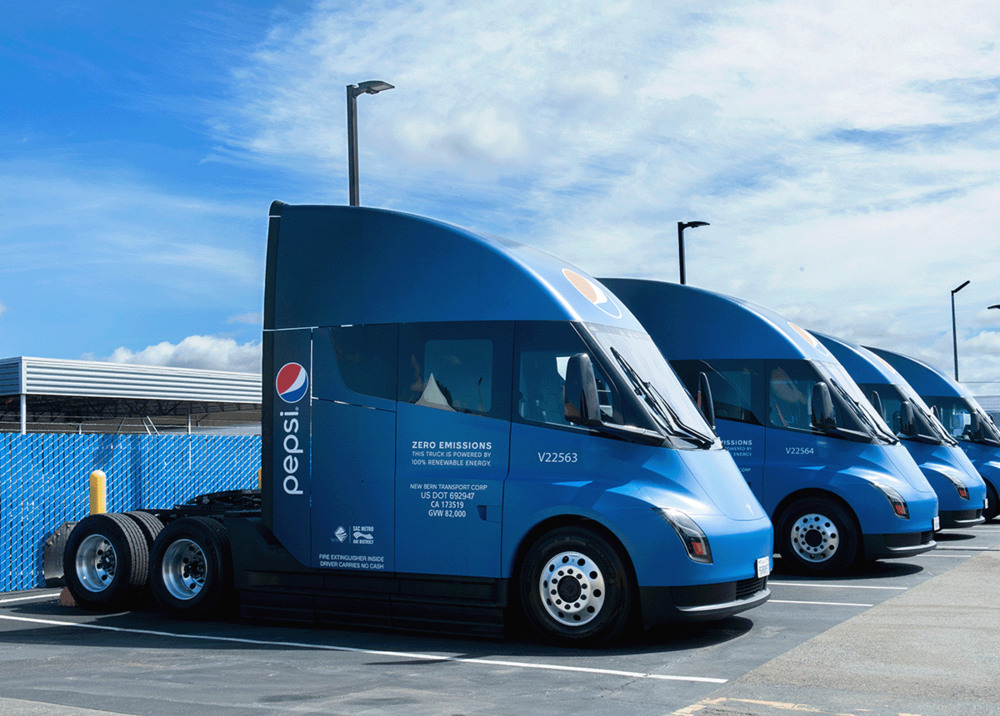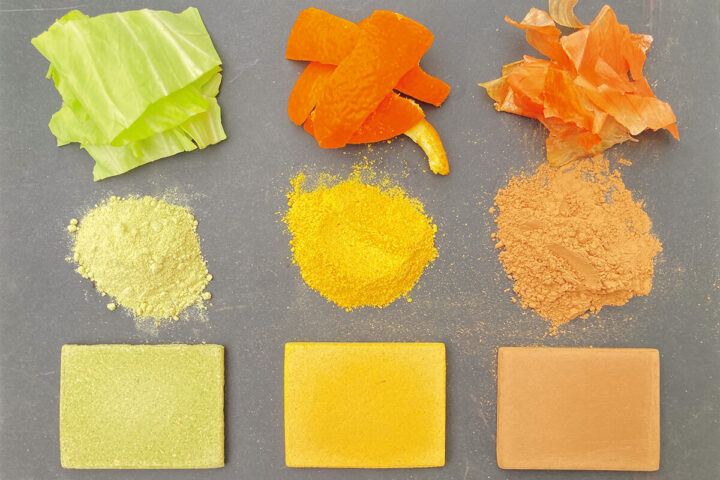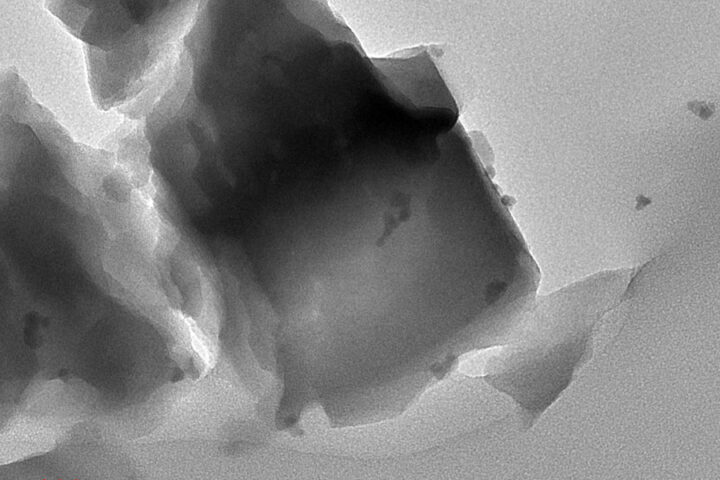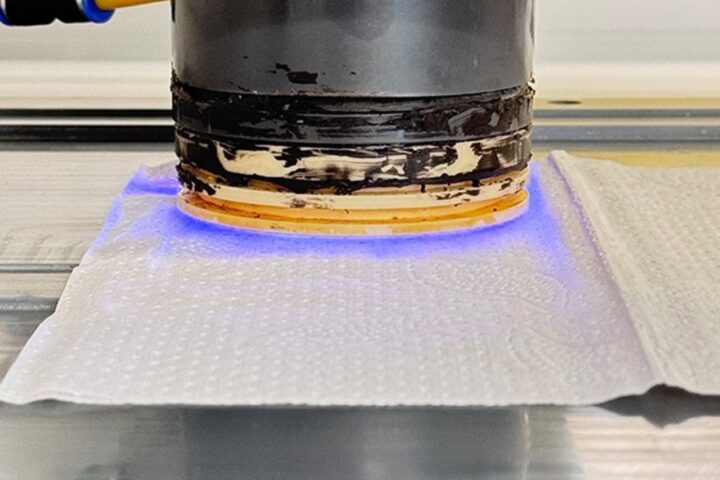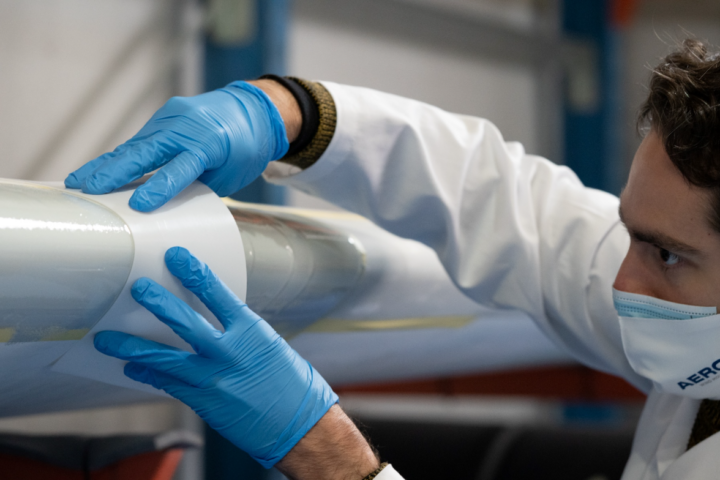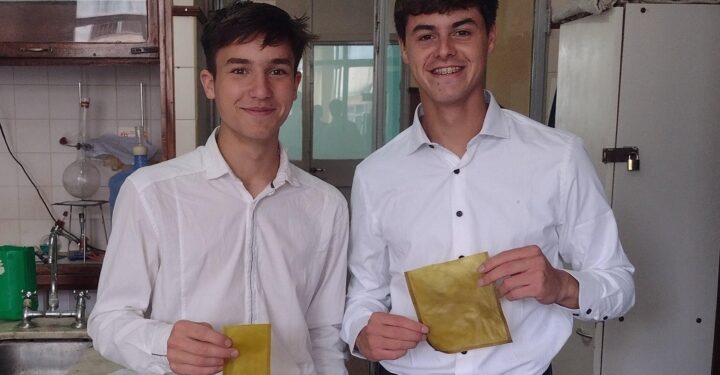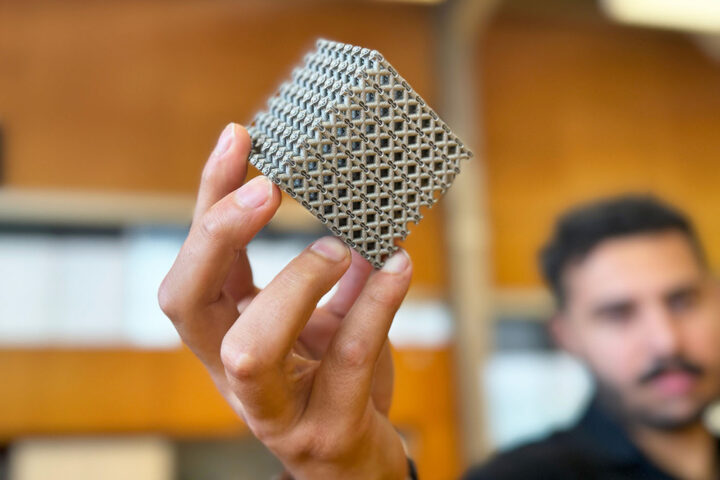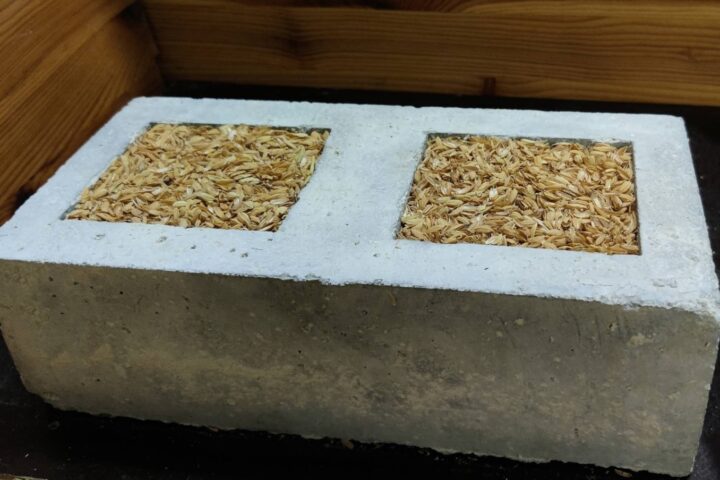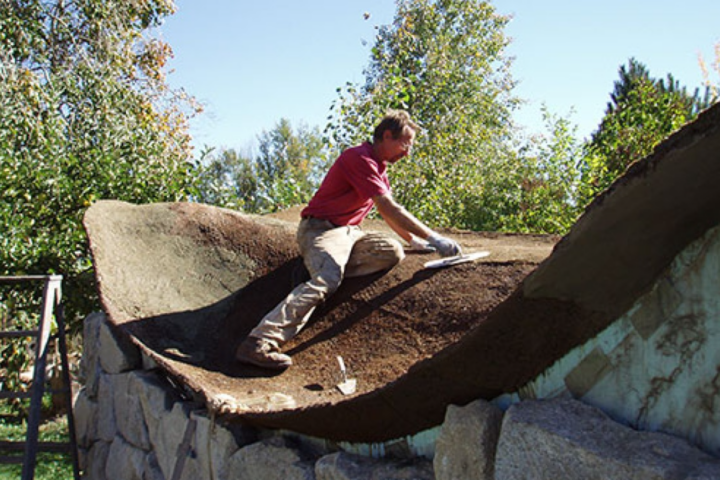The University of Bristol’s research team has spotlighted mycelium composites, highlighting their potential to mitigate socio-economic and environmental challenges in Africa through sustainable building alternatives. Stefania Akromah, the lead author, emphasizes the yet-untapped potential of mycelium technology in Africa, stating, “I am very intrigued by how such a simple technology holds so much potential for the African continent, and I am happy that my contribution could make a difference in the lives of my people.” Mycelium composites, originating from mushroom roots, have been recognized in Europe and the US for their eco-friendly production and versatility. Utilizing fungi’s ability to feed on organic biomass, the production of these composites avoids the need for complex manufacturing processes.
Notably, mycelium composites can be cultivated ubiquitously, even in domestic environments, without specialized knowledge or apparatus. The foundational organic biomass for mycelium composites is typically derived from waste streams in agricultural and forestry sectors. These composites find multifaceted utility in various domains, including packaging materials and construction. Envisaged as the ‘next-generation of self-healing and self-growing’ structures, mycelium composites adapt due to fungi’s responsiveness to diverse stimuli.
The paper suggests that mycelium composites can elevate the value of agricultural waste, potentially spurring investment in the agricultural sector and enhancing productivity. Moreover, the production of mycelium composites could emerge as an eco-friendly waste management strategy, addressing agricultural waste and other carbon-based waste materials. The authors are now focusing on refining the properties and production of mycelium composites to integrate this technology with established practices in various developing nations.
Similar Posts
Dr. Neha Chandarana expressed, “I’m really grateful to be working alongside Stefania and Professor Steve Eichorn on this project.” She also highlighted the current activity around mycelium composites and expressed anticipation for the subsequent phases of their project. Professor Steve Eichhorn reflected, “I learned so much in writing this review with Stefania and Neha, both about the possibilities for cheap, lightweight and sustainable composites from mycelium, but also how these might be deployed in African countries.”
The integration of mycelium composites in Africa could potentially revolutionize the construction industry, offering a lightweight, affordable, and sustainable alternative to traditional materials. The technology, while simple, could play a pivotal role in addressing the myriad of challenges faced by the African continent, from waste management to economic development. The adaptability of mycelium composites to various applications underscores their potential as a versatile material in various industries, from construction to packaging.
The research not only sheds light on the scientific aspects of mycelium composites but also ventures into its practical applications and potential socio-economic impacts, especially in developing countries. The team’s focus on fine-tuning the properties of mycelium composites signals a forward-looking approach, ensuring that the technology is not only viable but also optimized for practical application. The exploration of mycelium composites, especially in the context of developing nations, opens up a dialogue about sustainable development, waste management, and economic growth in a cohesive manner.

